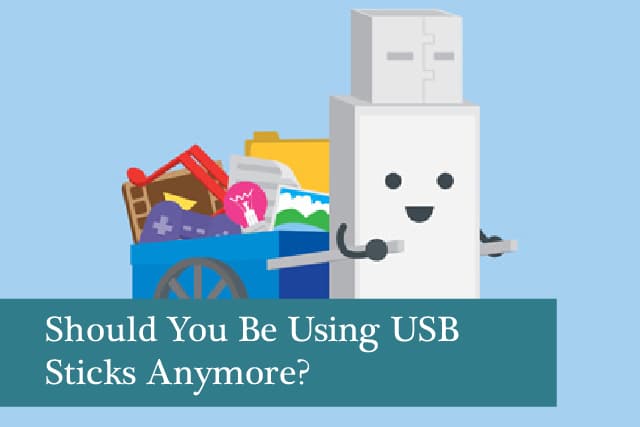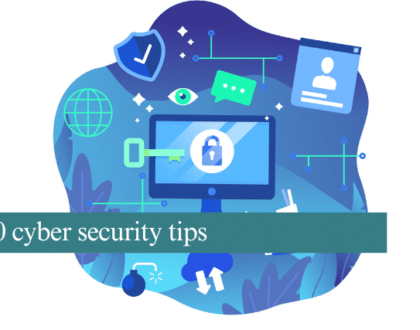
USB sticks have been around for years and the fact you can pick them up for as little as £4 they’re here to stay for a while. Before the cost for newer technologies became accessible to smaller businesses in recent years, USB sticks were (and still are) an affordable way to store, backup and transfer data.
This said, unfortunately USB sticks also represent a significant risk to your data, given the fact that most USB drives are not encrypted. Combined with the fact that USB sticks are easy to lose and easy to steal, using USB sticks to transfer and store valuable and sensitive business data presents an obvious threat to your organisation.
Leaking of data
Your business relies on the use of data, regardless of what industry you are in. Paying your staff, fulfilling contracts and your general operations all rely on storing data. As such you are responsible for keeping that data safe. USB drives are commonly used to store important files that your business would not benefit from releasing to the public. In some cases the loss of this data will damage your ability to operate.
Over 50% of data breaches are found to be as a result of a lost USB stick. Who ever finds a lost USB that is unencrypted can view and do as they wish with your data and depending on the scale of the leak can be disastrous for your business.
Issues with Malware
USBs also represent a really easy opportunity for viruses and malware to spread. Every time an infected USB stick is plugged into a computer then there is a risk of the virus spreading to the device.
Encrypting your USB stick provides some level of protection against the drive becoming infected in the first place. As farfetched as it may seem, leaving your USB stick with no defences it is really simple for a malicious person to install malware (this is also why you should never plug in a USB stick that you find lying outside your business or house!).
Compliance
As a business you have responsibilities under the law. The Data Protection Act 1998 requires you to ensure that your data is protected. Failures to do things like encrypt your devices means that you are non-compliant with these regulations. More recently, the General Data Protection Regulation has strengthened these requirements even further. If you choose to do nothing to protect your business data then you will face the consequences should any breach occur.
Employee workflow
As well as the security standpoint, USB sticks are cumbersome and often result in multiple versions of documents being created and used. It is difficult to track where your data is stored and who has access to what data.
How else can you store, backup and transfer your data?
If you are dead set on using USB sticks for your business operations, you should take some basic steps to secure your data.
Encryption: Ensure that your USB sticks are encrypted and require a password to unlock. Recovery keys should be stored securely and safely too.
Buy a specific USB device: You can pick up lots of innovative USB sticks that provide a higher level of security. Check out this one for some inspiration.
Or… look at the cloud
Cloud storage is now a viable option for businesses of all sizes and allows you to ditch USB sticks all together. Your data is all stored securely in the cloud allowing you to access it where ever you are in the world, as long as you have an internet connection.
This is fantastically convenient for staff collaboration, if you work remotely and greatly increase efficiency. If you are interested in learning more about how the cloud could benefit you, please click here.
Learn more about Mansys.
Recommended Posts

IT Simplified: What Is A Firewall?
21st March 2025

10 cyber security tips
14th March 2025

